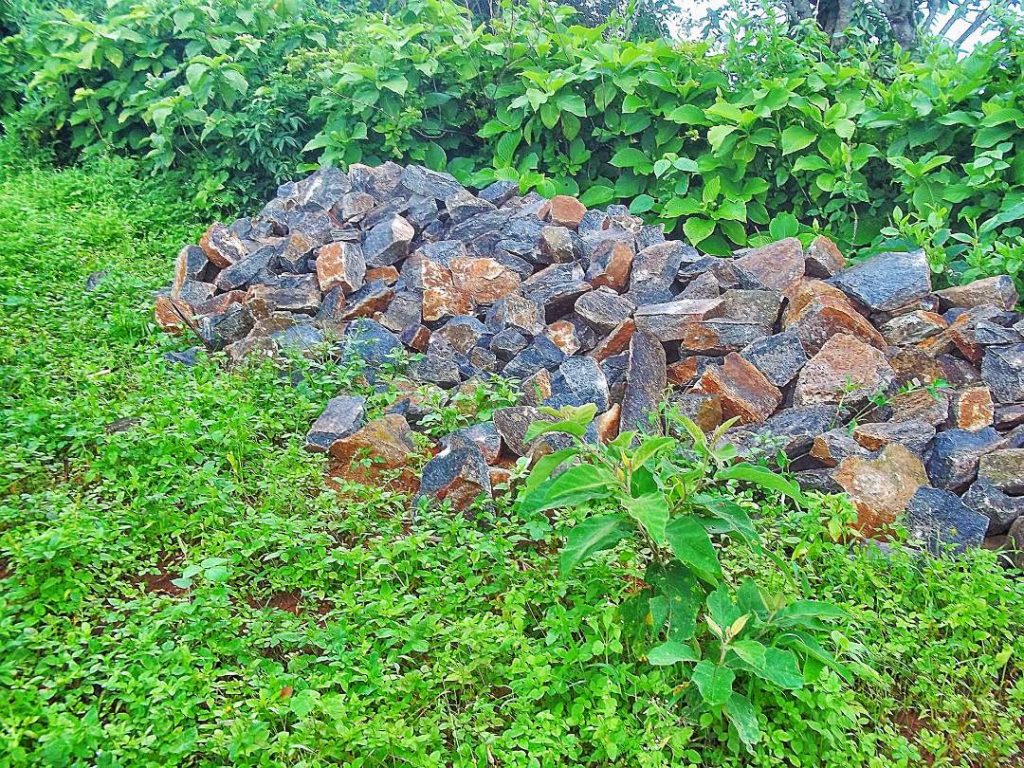This project is made possible through the partnership of Water Charity and the National Peace Corps Association. ![]()
Location
Mtii, Mtae Ward, Lushoto District, Tanga Region, Tanzania
Community Description 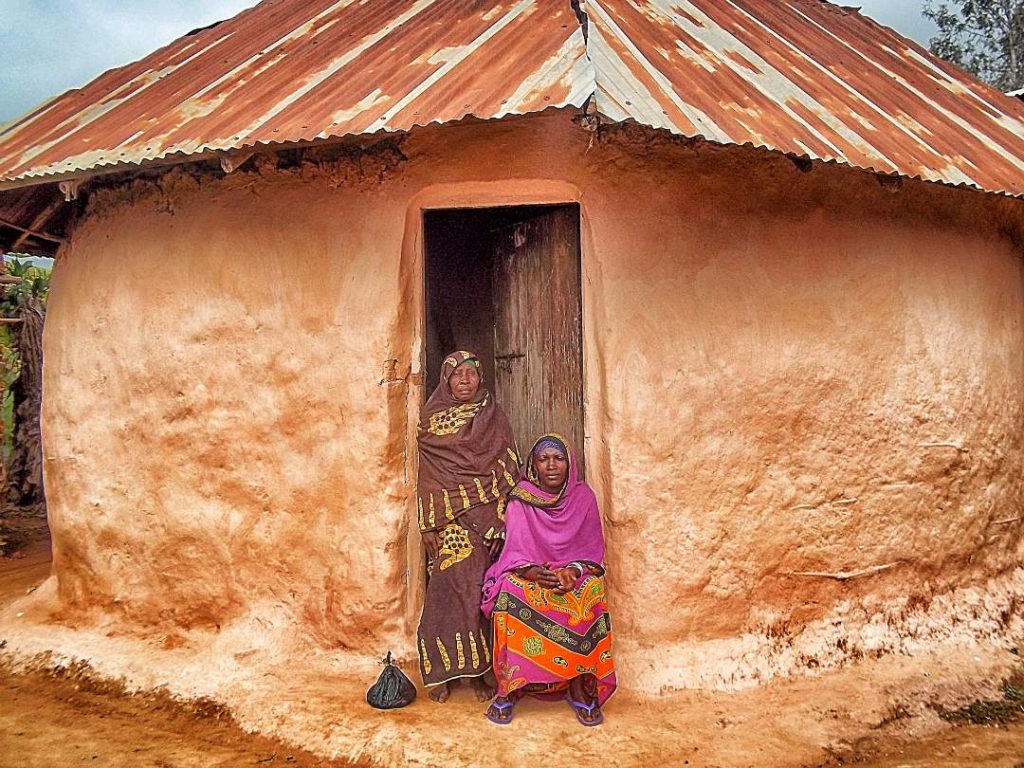
The community of Mtii, located within Mtae ward close to the Lushoto area of Tanzania, is a beautiful sub-village with its own village officials. The population of Mtii is a little over 2,518, with 708 being women of childbearing age and 1,120 being children under the age of 15.
Problem Addressed
The biggest dilemmas that villagers face are those of health care and water. The closest dispensary is over an hour and a half walk through mountainous terrain, with no way for a car to pass. Currently, the majority of pregnant women give birth at home without trained professionals, leading to a low birth survival rate, about 1 in 4 newborns do not survive. Children and the elderly have a difficult time attending to their health needs because they cannot make the long trek to the dispensary.
In the past, the village government has tried to build a dispensary, constructing a foundation and some walls, but was unable to finish due to lack of funding.
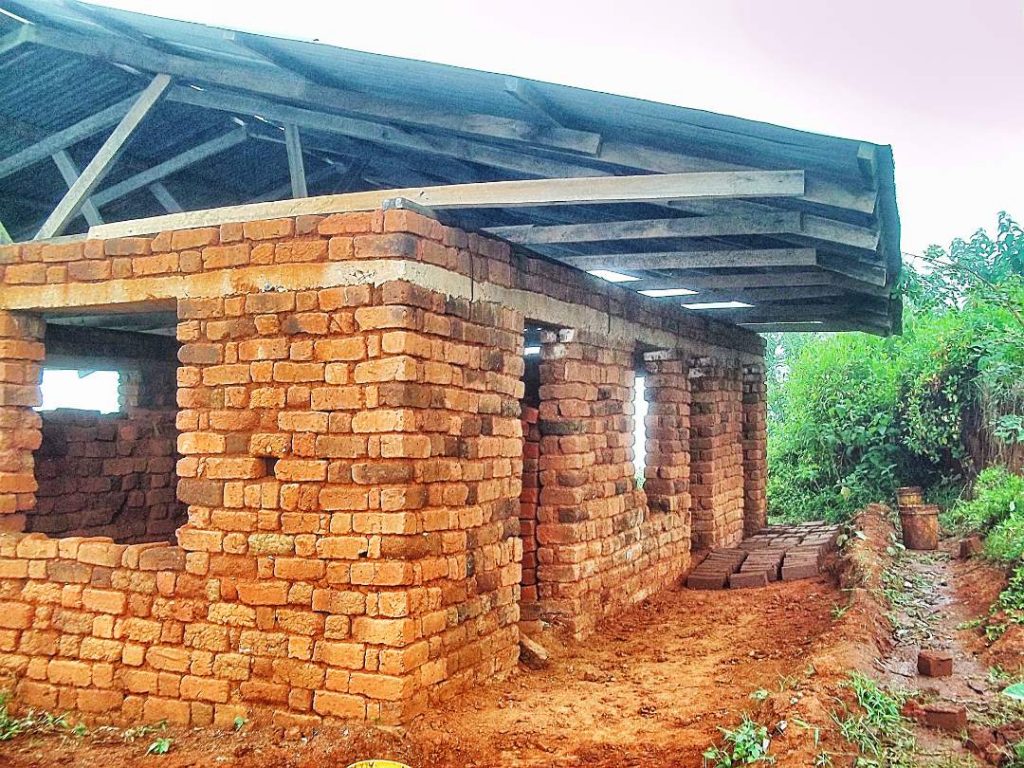 Project Description
Project Description
This project is to finish the construction of the dispensary and clinic, and to build a well to provide for the water needs of the facility. The building construction will be completed. A 20,000-liter well will be built for water storage, attached to the municipal water source, and piped to the building.
The anticipated outcome is that the dispensary will provide all health services and medicines for residents as well as a source of water for sanitation, hydration and hygiene. The beneficiaries will be all men, women and children in the village. This project will start in January, 2016, and be completed in April, 2016.
The project committee includes the community change agent, a female village chairperson, the village official, a village delegate, and the ward chairperson. The project committee intends to oversee and monitor the construction and implementation of the dispensary and well and cover any maintenance fees of the well with funds from the village government. They will ensure the sustainability of the dispensary and well after the volunteer leaves by meeting monthly to discuss progress or issues.
The community is thoroughly involved in this project because they understand the importance of having accessible healthcare and water. The project committee has a complete plan for the dispensary and will begin construction on the foundation of the building.
The project committee is motivated to improve their community and increase the birth survival rate, educate villagers about family planning, proper hand washing and sanitation and improve the overall health and well-being of their village. The committee will oversee the buying of materials for this project, monitor the construction of both the dispensary and the well and will continue to evaluate both after completion to ensure the sustainability and success of the project. They have already met three times to discuss the materials needed and update timelines. They will continue to meet bi-weekly throughout the construction of the project and then monthly after completion to discuss fixing any issues and the general progress of the dispensary and well. The community contribution for this project is mostly in the form of volunteers to help transport materials and with construction. The money to buy certain items will come from the village and water office funds collected from the community.
To implement this project, the project committee has divided the tasks among themselves. All of the members of the project committee, except for one, live in Mtii and 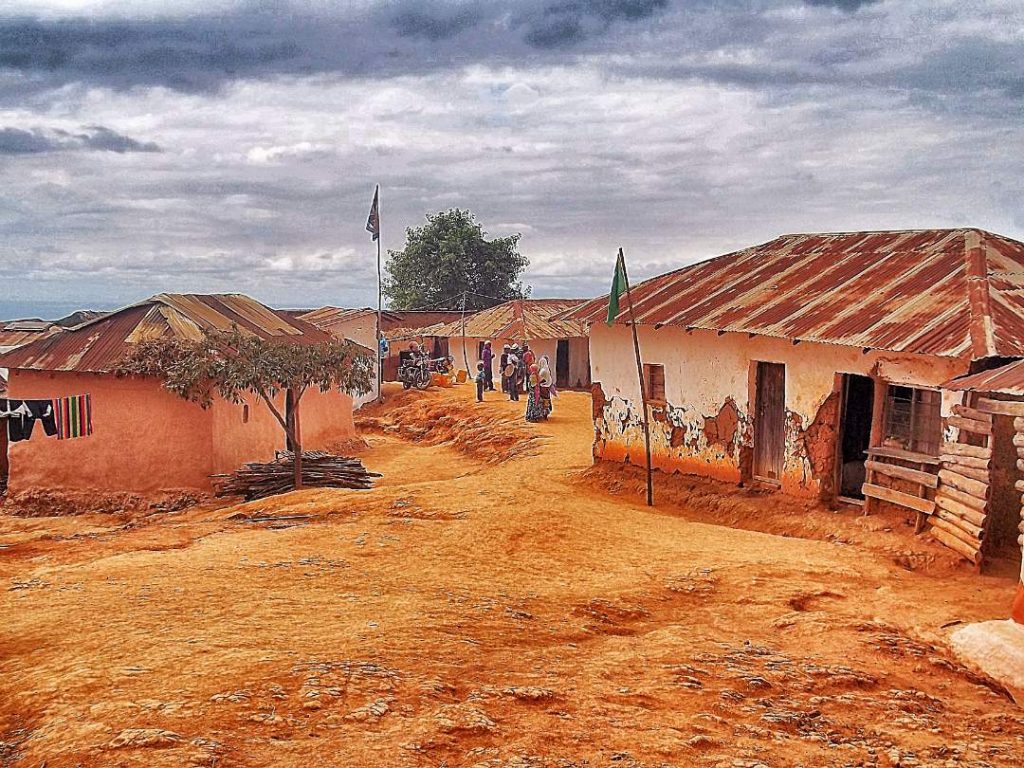 are able to easily monitor progress and oversee the construction of this project. They will be responsible for getting and transporting supplies and for keeping the masons and carpenters on track. The first phase of implementation will take place in January 2016, and will include buying all materials necessary from Lushoto town or Mtae village and transporting them to the project location.
are able to easily monitor progress and oversee the construction of this project. They will be responsible for getting and transporting supplies and for keeping the masons and carpenters on track. The first phase of implementation will take place in January 2016, and will include buying all materials necessary from Lushoto town or Mtae village and transporting them to the project location.
The second phase beginning in late February 2016, will include the construction of both the dispensary and well simultaneously. The well is located nearby to the clinic with water pipes connecting the two.
Phase three includes monitoring and evaluation. This phase will include the completion of the construction process and the evaluation of the completed project addressing any issues that may have occurred. This will happen in April 2016. In order to evaluate the projects’ success, the committee will record how many citizens are going to the clinic for treatments, medicine or clinic days each month because of its close location in the village and how many babies survive birth because women are choosing to deliver at the clinic with trained staff instead of at home. Also, they will determine if the water from the well is enough to sustain
the clinic on a daily basis.
All items were priced according to experts in their fields such as the carpenters, masons and plumbers. The experts contacted the stores where the items will be bought and then met with the project committee members to write down all specific items and prices. Community members will volunteer to transport all materials from the buses, trucks or stores in Mtae village to Mtii.
The main items covered by Water Charity funding are doors, windows, ceiling boards, paint, rods, wires and cement. The community has contributed the price of construction workers to build the dispensary, all volunteers who will help transport materials and with construction, bags of sand and piles of stones; some travel expenses, as well as pipes to connect to the well. Eventually, the community will also contribute porcelain sinks and soap for the dispensary.
Project Impact
This project will impact 2,518 people.
Peace Corps Volunteer Directing Project
Mia Young
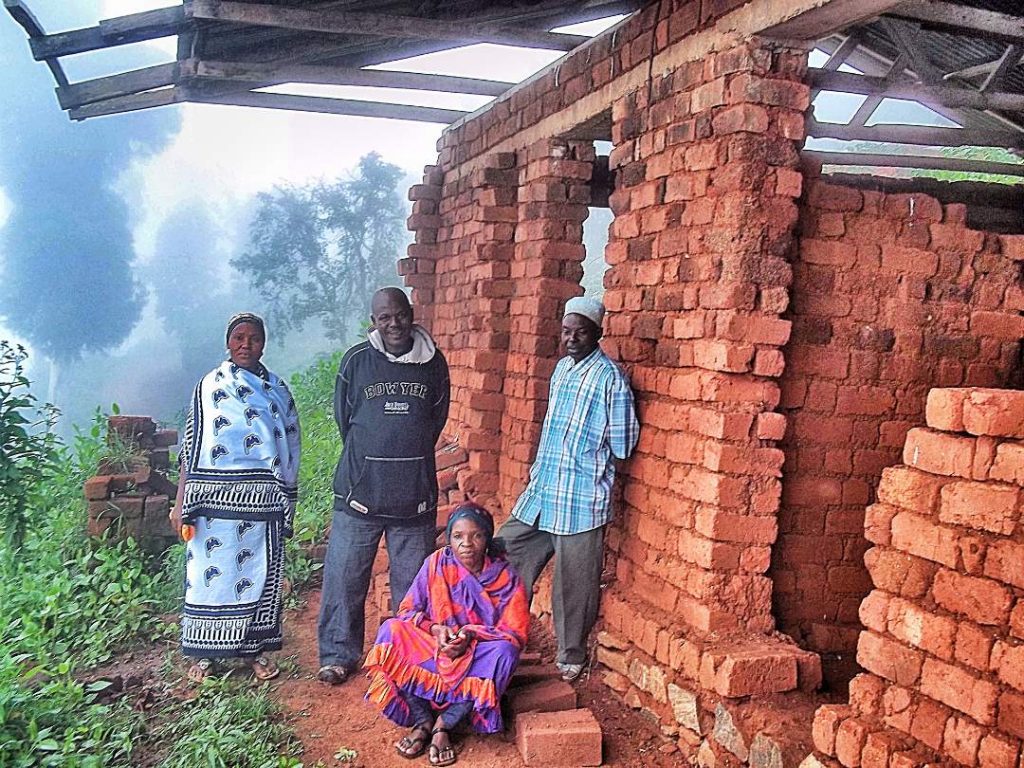 Monitoring and Maintenance
Monitoring and Maintenance
The project committee intends to oversee and monitor the construction and implementation of the dispensary and well and cover any maintenance fees of the well with funds from the village government. They will ensure the sustainability of the dispensary and well after the volunteer leaves by meeting monthly to discuss progress or issues.
The project committee has taken full responsibility for sustaining the project after completion and after the volunteer has left. Because the anticipated outcome of this project is a dispensary, after completion of the building, the committee members including village officials and a ward chairperson will contact their government to send the doctors and nurses. This process is separate from this project and will be the responsibility of the members of the project committee. To address any problems that may arise in the future, the project committee has agreed that all maintenance issues within the dispensary or the well will be paid for from the village government funds coming from community members.
Also, the plumber will volunteer to fix any piping issues related to this project with funds from the water office, also paid for by the community members. The project committee will meet once a month after the project is completed and more times if necessary to discuss the progress of the dispensary and the overall well-being of both the dispensary and well. Eventually, a dispensary committee will be created consisting of the doctor and/or nurses and village officials and will continue to oversee the welfare of the dispensary and water well.
Comments
This is Peace Corp Volunteer, Mia Young’s second project. Click here to see her first Tanzania project. The community organization involved in this project is the Mtii Village Government. The beneficiaries of this project will be all men, women and children in the village. This project will start in December 2015 and be completed in March 2016. The community contribution will be 25% of the cost.
Community contribution includes two masons, cement bags, stones, sand, pipes and volunteers to transport supplies and help with construction. The project committee includes Amina, the community change agent; Upendo, a female village chairperson; Athumani, the village official; Asha a village delegate and Richard, the ward chairperson.
In the short term, this project will provide a building that will serve as a dispensary and clinic for the people of Mtii village. Also, there will be a 20,000-liter well, which will be connected to a water pipeline already existing in the village. This well will store water so that the dispensary will have reliable running water year-round for all sanitation and hydration needs.
The anticipated long-term outcomes will be increased birth survival rate due to women delivering in a medical facility with trained professionals, better health care for children due to ease of access to clinic days and medicines, an increase in the number of women using family planning techniques such as contraception, and a decrease in malaria deaths and the spread of HIV and serious illnesses because of the relative location of the health facility to get testing, treatment and education.
This project has been funded by an anonymous donor. You can still donate to this project, and all further funds will go to helping start more projects in the region.
If you wish to help with more great projects such as this one, please donate to the East Africa Water & Sanitation Program.
